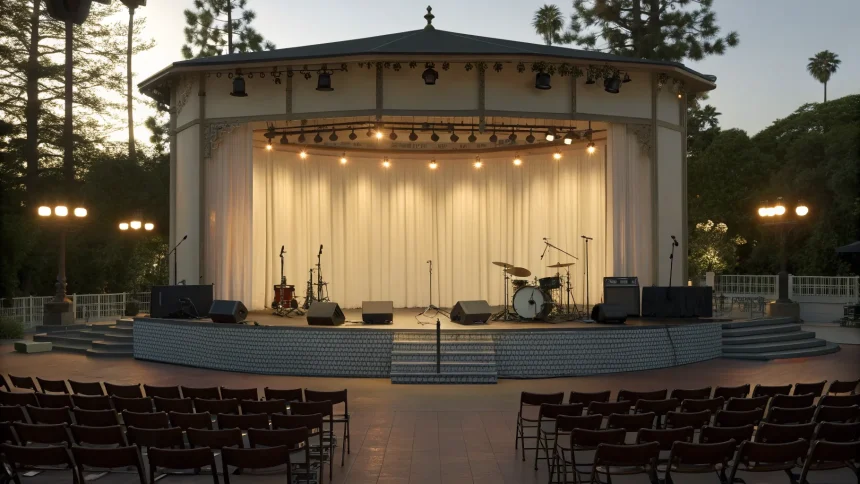Cleto Escobedo III, the longtime bandleader of “Jimmy Kimmel Live!,” has died at age 59, host Jimmy Kimmel announced Tuesday. The news marked the loss of a familiar face and sound for late-night viewers who tuned in nightly for music, humor, and a steady beat that framed the show’s pace.
“Cleto Escobedo III, longtime bandleader of the ‘Jimmy Kimmel Live!’ show, has died, Jimmy Kimmel announced Tuesday. He was 59.”
Escobedo’s presence anchored the show’s opening notes and walk-on music for guests, while his cues guided comedic timing and transitions. His role, often underappreciated outside the studio, shaped the energy of a program watched by millions over the years.
The role of a bandleader in late-night television
For decades, house bandleaders have set the tone in late-night TV. They open the show, bridge segments, and manage live cues during interviews and sketches. The bandleader’s rhythm often mirrors the host’s style, creating a familiar cadence for viewers.
- They provide live music, from theme songs to guest entrances.
- They manage transitions that keep the show on track.
- They interact with the host, adding humor and chemistry.
This model goes back to earlier eras of late-night, where the band served as the show’s heartbeat. While the format has changed with streaming and shifting schedules, the live band remains a central feature for many programs because it brings warmth and spontaneity.
A steady presence for viewers
Regular viewers knew Escobedo’s cues and sound as part of the nightly routine. Familiar music gives a show continuity. It sets expectations from the first notes of the theme to the last applause. When a bandleader stays in the chair for years, the role becomes more than a job. It becomes part of the show’s identity.
Audience members who attend tapings often remember the live band as much as the monologue. Music warms up the room, calms nerves, and primes laughter. That energy carries across the broadcast, and it shapes how interviews feel at home.
The announcement and its immediate impact
Kimmel’s announcement on Tuesday delivered the news with a clear sense of loss. While formal tributes were not detailed at the time of the announcement, moments like this often bring memories from colleagues, guest artists, and viewers who felt the band’s presence across many seasons.
In late-night TV, the show must go on, but it rarely moves on without reflection. Programs often share musical highlights or quiet acknowledgments in the days that follow. These moments allow audiences to grieve and to appreciate the work that happens behind the scenes every night.
Why live music on TV still matters
Live music brings unpredictability to television. It can lift a segment that falls flat. It can match a guest’s mood or turn a joke into a running bit. These subtle shifts rely on a bandleader’s judgment. That skill comes from years of reading rooms and timing beats.
Music also opens doors for collaboration. Artists who visit a show often sit in with the band. Those short sets introduce new sounds and create memories that outlast the night’s headlines. The bandleader stands at the center of those moments, guiding arrangements and tempo on the fly.
What viewers may see next
Shows in mourning often find quiet ways to honor a colleague. That may include brief dedications, musical montages, or acknowledgments from the host. Guest musicians sometimes step in while production teams make longer-term decisions.
For many fans, the most meaningful tribute is simple: playing the music that made the show feel like home. Recalling signature cues and themes can remind viewers how much a bandleader shapes the experience without taking the spotlight.
Escobedo’s death leaves a space in a format that depends on rhythm and rapport. It also highlights how live television relies on professionals whose names may be less known but whose work is essential night after night.
As the late-night community reflects, the focus will likely stay on the music, the craft, and the steady presence that made “Jimmy Kimmel Live!” feel familiar for so many. Viewers will be listening for how the show remembers him and how it carries that sound forward.







